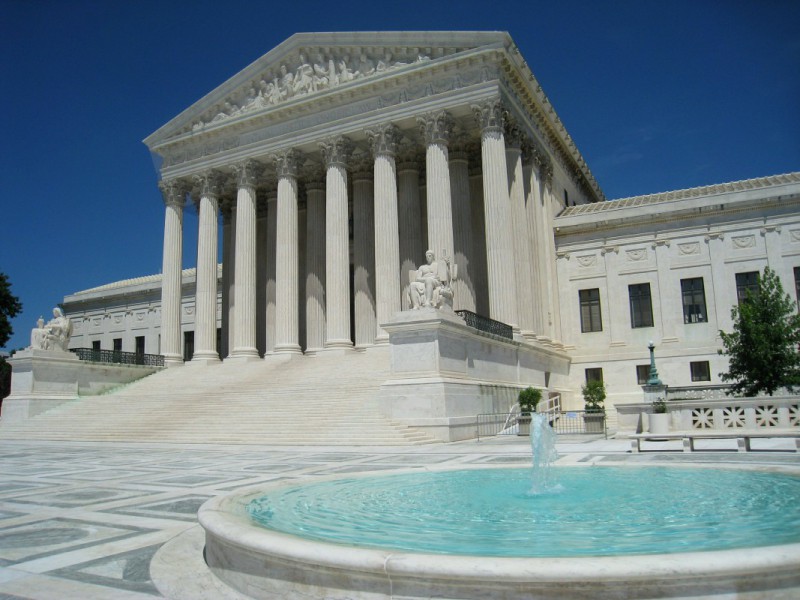Another bumpersticker for you: “The Labor Movement–The People Who Brought You the Weekend.”
Not quite. Improved working conditions don’t happen because a compassionate President signs them into law. If any given law would harm significant sectors of the economy, no rational President would sign it. If a President does sign such a bill, for whatever reasons, and there are no economic downturns, then the bill merely reflects what the marketplace, as a whole, was already capable of handling. It doesn’t mean that the government has a right to pass such a bill; it simply means there are no serious consequences of signing it for most individuals. Some individuals are harmed by it of course, which is part of what makes it wrong and unconstitutional.
This happened with child labor, for example. The government outlawed child labor only once large numbers of parents were doing well enough that they didn’t need to send their children to work. If families were going to starve from the government passing such a law, parents would probably have ignored the law or found ways to get around it, at least in a country like the U.S. where people place a premium on self-interest and survival no matter what the government says.
A different example, unrelated to labor but involving the same principle, involves smoking. Smoking has become outlawed in public places only as fewer and fewer people want smoking in public places and more and more demand such laws. Without such a law, many businesses would have voluntarily ended smoking on their premises (indeed, already were) because more and more of their customers demanded it as smoking decreases in popularity.
This doesn’t stop the government from saying, in effect, “Look how virtuous we are. We stopped smoking for you.”
All they did was follow the general trend and, in the process, violated the individual rights of businesses whose customers still care to have smoking on the premises.
The government, along with its legislative/moral allies such as the labor movement, takes credit for what most people have already decided to do on their own. Government activist types suffer from an inflated sense of their own relevance. Psychologists call this narcissism and grandiosity. They want you to call it moral virtue.




